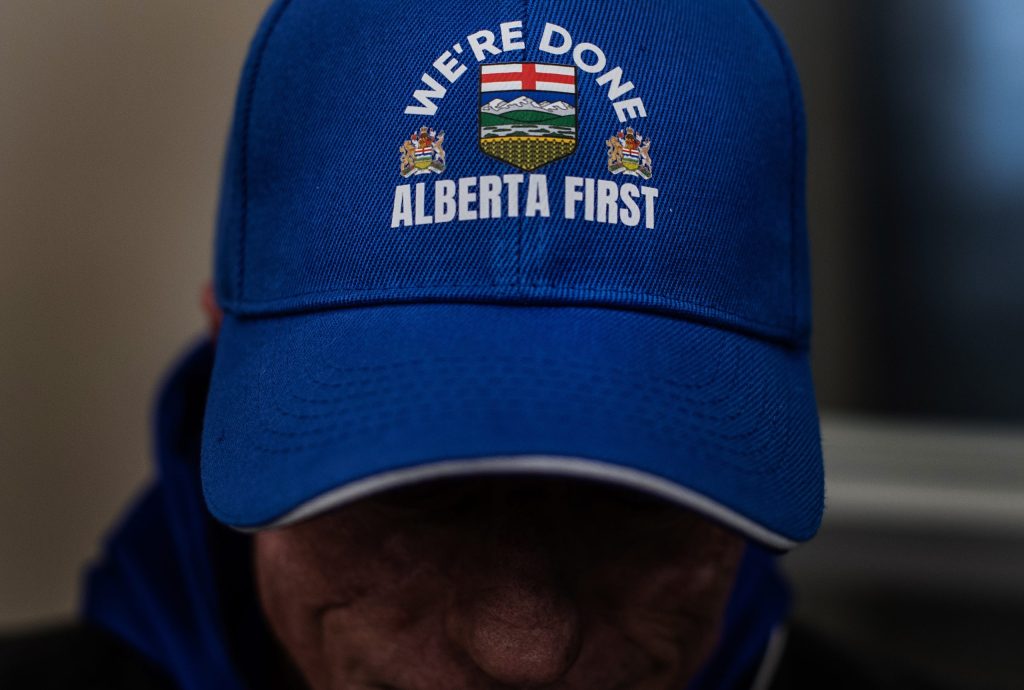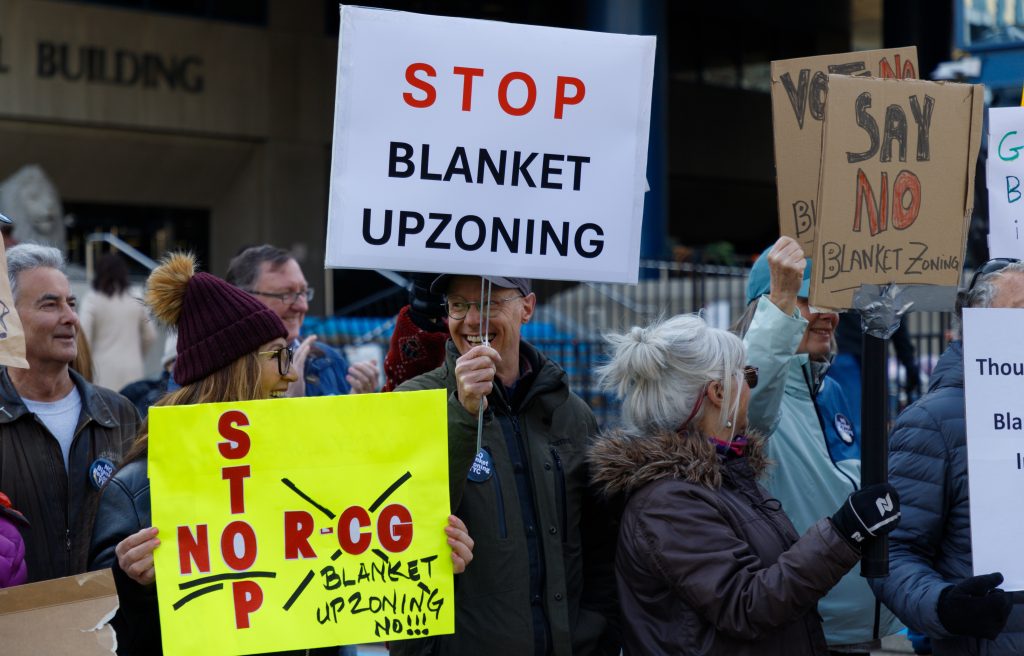‘Retire the orca’, says Indigenous historian who calls Vancouver Canucks logo cultural appropriation
Posted Dec 15, 2020 7:22 am.
Last Updated Dec 15, 2020 9:26 am.
This article is more than 5 years old.
VANCOUVER (NEWS 1130) – The iconic 23-year-old orca logo donned by Canucks players and fans has come under fire as an example of cultural appropriation and the continuation of colonialism.
University of Manitoba Indigenous studies and history professor, Sean Carleton, says the team should scrap the logo, entirely, out of respect.
“How can you continue to develop meaningful relations with Coast Salish nations when you continue to profit from branding that is appropriating their art style?” he asks on Twitter.
The orca logo was created in 1997 and features elements of Haida design.
Like other Indigenous scholars and activists, Calreton points out a non-Indigenous artist can produce Indigenous-inspired works but the widely-held belief is that such artists should do so only with expressed consent and only if they have a connection to the community.
The conversation was brought up online after Canucks goaltender Braden Holtby apologized for donning a new goalie helmet with similarly borrowed design elements.
Holtby says he’s “learned a valuable lesson” and is promising to do better going forward after he commissioned an art piece of a Coast Salish thunderbird, a powerful and traditional image often depicted at the top of coastal totem poles.
Carleton says Holtby was singled out for cultural appropriation when the entire team is complicit given the orca logo remains.
He acknowledges some foundational work has been laid as the team has consulted with a Squamish Nation councillor to develop land acknowledgements.
Fin, the team’s whale mascot, has been drumming up support at pre-COVID games on traditional pieces of art (framed drums) that were created by Indigenous artist, Xwalacktun, who says he is always careful to lay no claim to the orca design.
Fans, however, are not all on the same page with several expressing that they don’t see how the use of Coast Salish design is hurtful to Indigenous people and they don’t believe the logo needs to change.
Carleton says the team will struggle to develop meaningful relationships with First Nations so long as it continues to profit off of what he calls stolen imagery.
“People will say, ‘but Sean the imagery is a sign of respect.’ How respectful is continuing to make piles of money from a business you operate on stolen land all the while branding that business with stolen imagery? That’s the logic of colonial capitalism for you,” he says.
He would like to see the orca scrapped and the team use the “stick and rink logo” instead.
“At the very least, the Canucks should – as Holtby acknowledged in his statement – work with Indigenous peoples to develop iconography in appropriate ways, giving Indigenous artists a platform and a way to participate and benefit,” he says.








